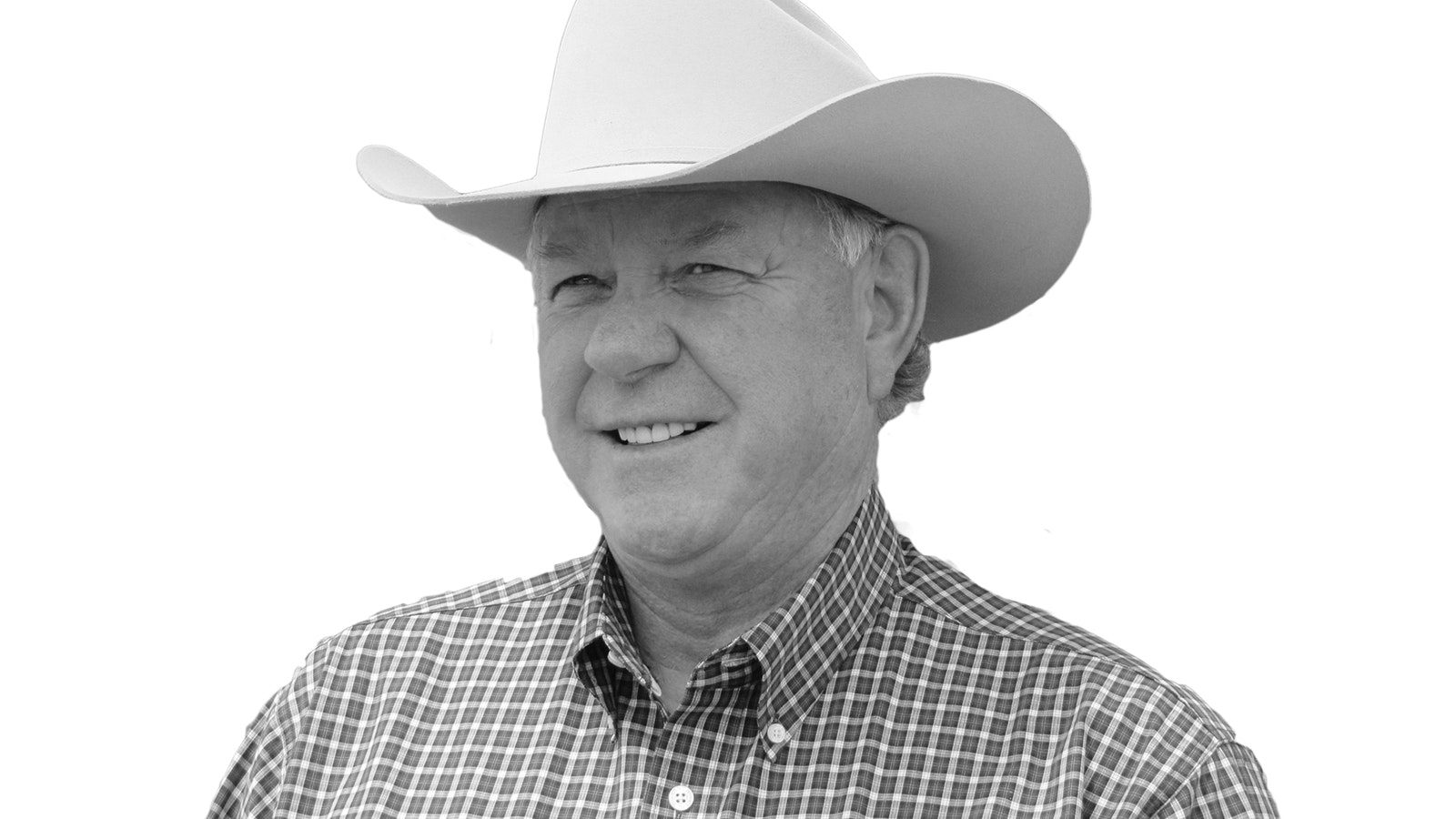The Wyoming State Fair is winding down, and we’re all thankful for the cooler weather and some rain. I realize fire season is still upon us and probably will be until it snows, but hopefully the really hot season is behind us.
Other good news that recently came out is the study published by U.S. Department of Agriculture’s Agricultural Research Service (ARS) rangeland scientists from both Burns, Ore. and Fort Collins, Colo.
The study challenged outdated information and management principles related to livestock grazing in the sagebrush steppe and how it was previously thought to negatively impact these ecosystems. Instead, the study saw desirable outcomes, particularly in regard to limiting both wildlife risk and invasive annual grasses.
The researchers reported, “In studying these ecological challenges, ARS scientists discovered strategically applying livestock grazing prior to the occurrence of climate-induced wildfires can modify sagebrush steppe characteristics in ways which decrease fire probability and severity in communities, promote biodiversity while reducing postfire annual grass invasion, fire-induced loss of native bunchgrasses and fire damage to soil biocrusts – the collection of bacteria, fungi and mosses on the soil service.”
The study continued, “The ARS team compared moderately-grazed and ungrazed sagebrush steppe and observed grazing induced shorter flame lengths, slower rates of fire spread and smaller burning fronts. Similarly, strategic grazing in annual grass-dominated rangelands reduced flame length and rate of spread, modifications which resulted in safer and more effective fire suppression.”
The study blamed Europeans in the mid- to late-1800s for their grazing practices of sheep, cattle and horses, stating, “The scientists said these early practices were not ecologically sustainable and led to widespread overuse and degradation to include loss of perennial grasses and forbs, reduced biodiversity, erosion, overabundant unpalatable species and non-native plant invasions.”
There were not many fences in those days, so except for a horse pasture, the rest was open range. I would say they didn’t know of other benefits of fencing except to keep other ranchers’ cattle out.
Kirk Davies, an ARS scientist, said, “Strategically applied grazing can spur desirable social-ecological outcomes such as reduced non-native annual grass invasion, decreased wildfire probability and spread, reduced fire suppression cost and prevent undesirable ecological transformation post fire.”
Davies’ findings also indicated, “Grazing can modify competitive relationships in introduced bunchgrass seeding to favor native species recruitment. This can be particularly valuable for reestablishing sagebrush, a critical shrub for many wildlife species. With careful attention to timing, duration, frequency and intensity of use needed to meet vegetation objectives, strategic grazing has the potential to reduce detrimental impacts of invasive annual grasses, promote native species in introduced grasslands and encourage native shrub recovery.”
Davies further noted, “Recognizing livestock grazing as a tool which can achieve desired outcomes could improve our ability to achieve meaningful rangeland management outcomes in sagebrush and likely other rangeland communities.”
This is a really good and timely study. It gives scientific support for management practices using livestock grazing to minimize fire.
Ranchers have been saying this all along, and for a number of years cities, counties and lately, the U.S. Forest Service have been grazing sheep and goats on forests and open spaces to help with fire control.
Dennis Sun is the publisher of the Wyoming Livestock Roundup, a weekly agricultural newspaper available online and in print.





